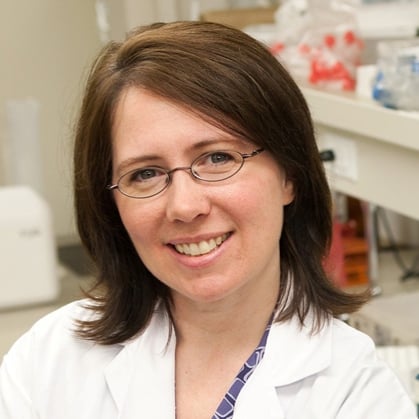
Position
Associate Professor, Department of Medicine, McGill University
Director, McGill Research Centre for Cannabis
Currently accepting graduate students
Tobacco Product Research Program
The World Health Organization (WHO) estimates that 9 out of 10 people worldwide breathe polluted air- this includes you. This pollution can come from a wide variety of sources, including air pollution caused by industries, traffic (think about all those cars, buses and trucks on the road) and even indoor cooking. In essence, breathing polluted air day-in and day-out can cause heart disease, many types of cancer and chronic lung diseases. Other sources of pollution include many common occupations (such as coal mining, welders).
Did you also know that cigarette smoke contributes to the toxicity of common air contaminants and remains the single largest cause of preventable death worldwide?
Therefore, understanding the impact of air pollution and cigarette smoke has been a crucial factor in implementing air quality guidelines and anti-tobacco campaigns. Despite this knowledge, we are seeing a surge in the use of emerging tobacco products such as e-cigarettes (“vape”), heat-not-burn products (IQOS) and hookah (includes e-hookah), particularly with young adults. However, the health effects of these products are almost completely unknown.
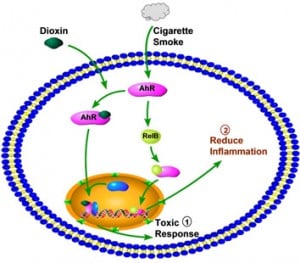
For this reason, one of the main programs of research for my laboratory is on tobacco-induced disease. We utilize in vitro and mouse inhalational models of tobacco smoke and other products to understand the pathogenesis of diseases such as chronic obstructive pulmonary disease (COPD). COPD is currently the 3rd leading cause of death world-wide.
One of my research interests lay in identifying new molecular mechanisms involved in the pathogenesis of COPD, particularly ones that offers therapeutic potential or a novel susceptibility marker. To this end, we have been investigating the role the aryl hydrocarbon receptor (AhR) in the pathogenesis of smoke-induced lung disease. Our findings show that activation of the AhR by cigarette smoke suppresses inflammation and apoptosis in the lung. Using genetic and biochemical approaches, my research is focused on establishing that the AhR is a novel and important regulator of inflammation, oxidative stress and apoptosis. In conclusion, we wish to understand the role of the AhR in preventing morphological features of COPD in the lung and determine the molecular mechanism by which the AhR provides protection against the deleterious effects of tobacco smoke and other inhalational toxicants.
Biomedical Cannabis Research Program
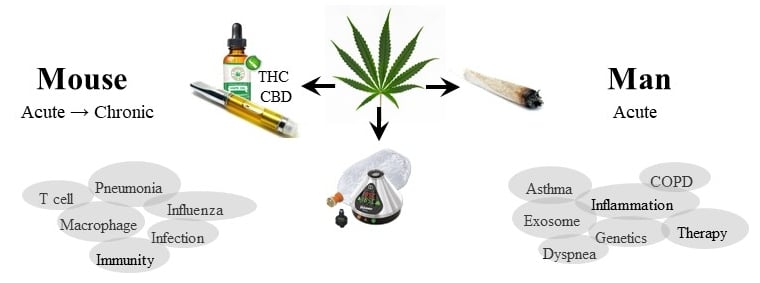
With my expertise in inhalation toxicology and mechanisms of disease pathogenesis, I have developed a new Cannabis Research Program fro my laboratory. Cannabis sativa indica- referred to as cannabis (marijuana) – is one of humanity’s oldest cultivated plants.
Cannabis has been used as a therapeutic agent for the management of pain, neurological conditions such as epilepsy and multiple sclerosis; inflammation; AIDS; cancer therapy and cancer-associated pain; anxiety; sleep; anorexia; convulsions; and respiratory conditions including asthma.
Working with clinicians and other scientists, we are working on an interdisciplinary program for biomedical cannabis research to explore the full potential of cannabis and cannabinoids in human health and disease. For this, we will have a state-of-the-art inhalation facility. This is important, as the most common way to consume cannabis is through inhalation (of smoke or vaporized cannabis/cannabinoids). With this, we will be able to deliver inhaled cannabis and cannabis-derived cannabinoids/novel drugs in a real-world scenario- to assess efficacy in disease models and understand the immune-medicated mechanisms involved in the potential therapeutic benefits of cannabis.
Pulmonary Fibrosis Research Program
Upwards of 45% of deaths in industrialized countries are due to fibrotic diseases of which renal, hepatic and pulmonary are the most common. Pulmonary fibrosis is a disease where the lungs becomes scarred and stiffened, leading to death from respiratory failure. The initiation of lung fibrosis is thought to be damage to the alveolar epithelium, leading to abnormal tissue repair typified by the accumulation of myofibroblasts. Myofibroblasts are α-smooth muscle actin (α-SMA)-expressing cells that secrete extracellular matrix (ECM) proteins under the direction of transforming growth factor-β (TGF-β). Pulmonary fibrosis shares many similarities with cancer, including fibroblastic foci, tissue hypoxia, aerobic glycolysis and increased TGF-β levels. Risk factors for pulmonary fibrosis include ionizing radiation and cigarette smoke.
There is no cure for pulmonary fibrosis and treatment options are few. A major impediment to the development of effective therapies is our limited understanding of the molecular pathways that drive fibrosis. Therefore, a focus of my overall research program is to identify novel cellular events leading to the development of fibrotic disease.
View Carolyn Baglole’s recent posts and news:
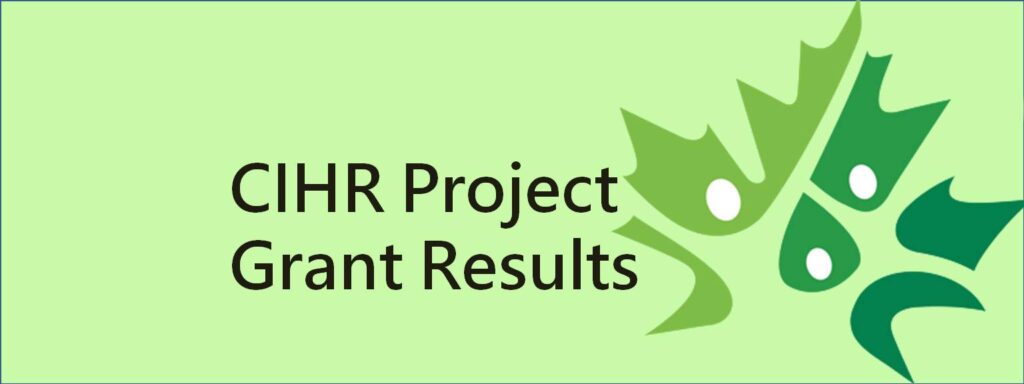
CIHR Project Grant Results – Fall 2023
Congratulations to Carolyn Baglole and Andrea Benedetti, who were funded in the Fall 2023 CIHR Project Grant Competition!
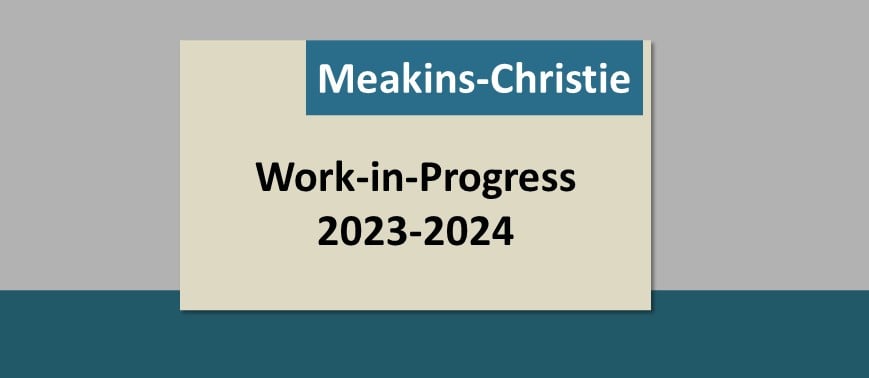
April 22, 2024: Maddison Arlen & Gabriel Gosselin
April 22, 2024 Work in Progress: Maddison Arlen (MSc with Carolyn Baglole) and Gabriel Gosselin (MSc with Larry Lands)
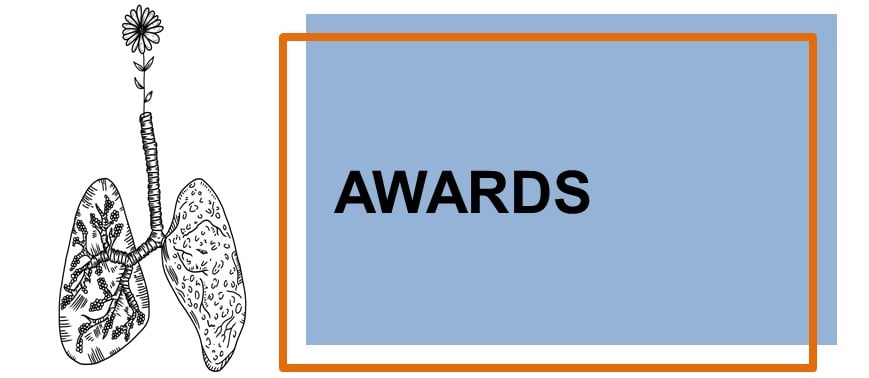
Spring 2023 Student Awards
Congratulations to the 2023 recipients of FRQS and CIHR studentship and fellowship awards! We wish you much success!
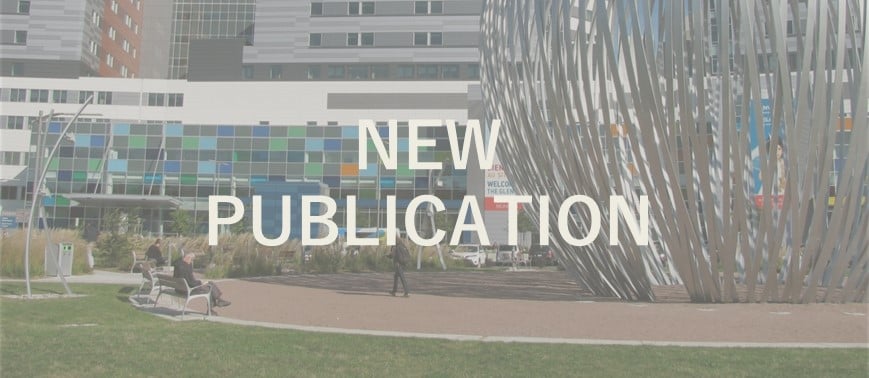
Vaping can cause significant harm to the lungs
New research carried out in the lab of Carolyn Baglole, PhD, affirms that vaping can cause significant damage to the lungs.

McGill medical cannabis experts teach in Malta
Carolyn Baglole dispel myths about cannabis use in medicine as part of McGill Medical Cannabis Course
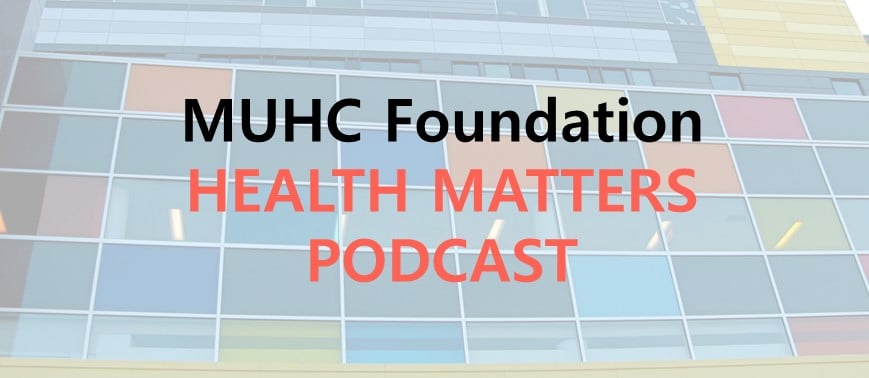
Health Matters: What are we learning about cannabis use?
Carolyn Baglole speaks on what researchers are learning about cannabis on Health Matters with the MUHC Foundation
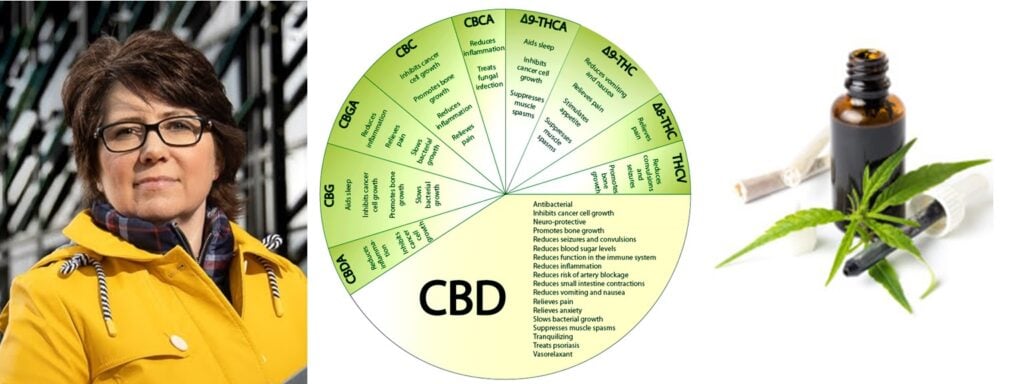
Cannabis-related research continues
Dr. Baglole, of the McGill Research Centre for Cannabis, ensures that cannabis-related research continues.
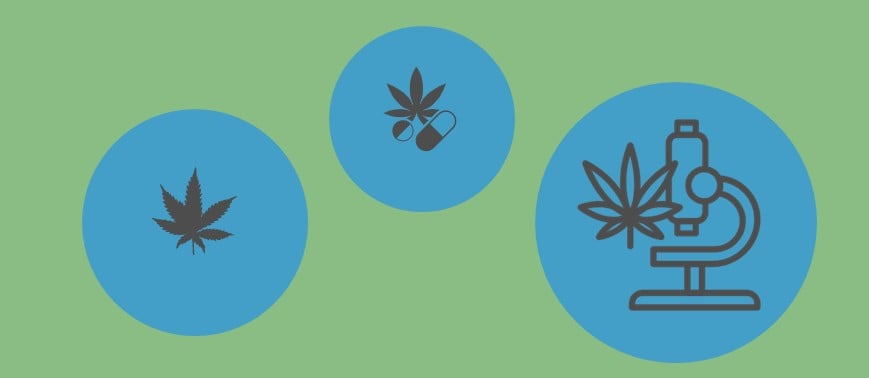
CBD Research Partnership Fund
McGill Research Centre for Cannabis, led by Dr. Carolyn Baglole, establishes a CBD Research Partnership Fund with AQIC

Health Matters: The Future of Cannabis Research
MUHC Foundation Health Matters interview with Carolyn Baglole on how legalization of cannabis had a positive impact on research

Impact of Vaping on Cardiopulmonary Outcomes
Dr. Carolyn Baglole received a CIHR catalyst grant from the recent Health Effects of Vaping competition
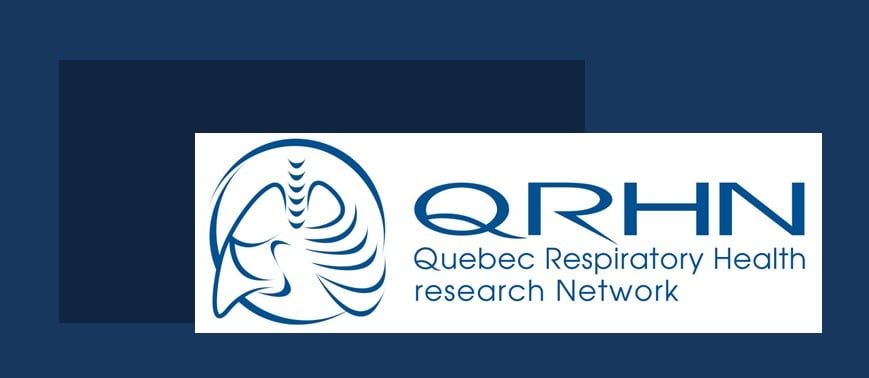
Meakins and RESP trainees receive QRHN funding
Congrats to Ines Levade, Daniella Massierer, Hussein Traboulsi, Wided Akik, Saad Razzaq, Emily Wilson for their 2020-2021 QRHN awards
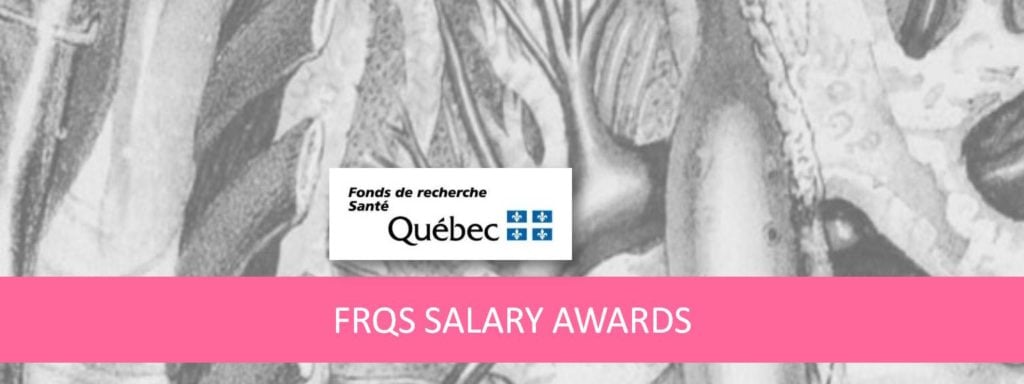
2020-2021 FRQS Salary Awards
Congrats to all who received FRQS salary awards from the 2020-2021 competition!
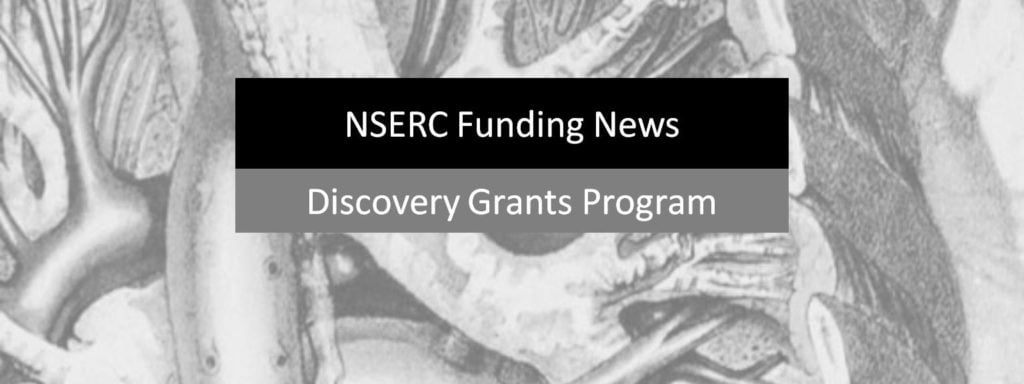
NSERC Discovery Grant Awards
Congratulations to those that received funding from the latest NSERC Discovery Grants Program
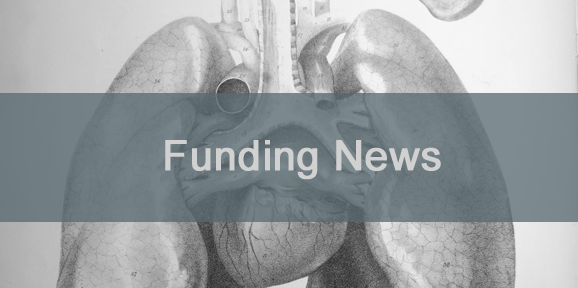
Five CIHR Project Grants awarded!
Congratulations to all Meakins and RECRU members who were funded in the Fall 2019 Project Grant Competition!

Epigenetics of vaping project funded by QRHN
Carolyn Baglole receives QRHN funding for project entitled “Evaluate the Epigenetic Lung Effects of Vaping”
Contact Information
Meakins-Christie Laboratories
RI-MUHC, Block E
Office EM2.2248
Lab E03.4367
1001 Decarie Blvd.
Montreal QC H4A 3J1
Canada
Tel: 514-934-1934 Ext. 76419 (lab)
Tel: 514-934-1934 Ext. 76109 (office)
Tel: 514-934-1934 Ext. 76172 (admin)
Fax: 514-933-3962
E-Mail: carolyn.baglole [at] mcgill.ca
Education & Training
BSc (Biology), U Prince Edward Island, 1993
MSc (Dev Biol), U Prince Edward Island, 1998
PhD (Pharmacol/ GISci), U Calgary, 2003
PDF/RAP (Lung Biol/Tox) U Rochester, 2010
Teaching
Biology of Disease: Environmental Toxicants, PATH 652